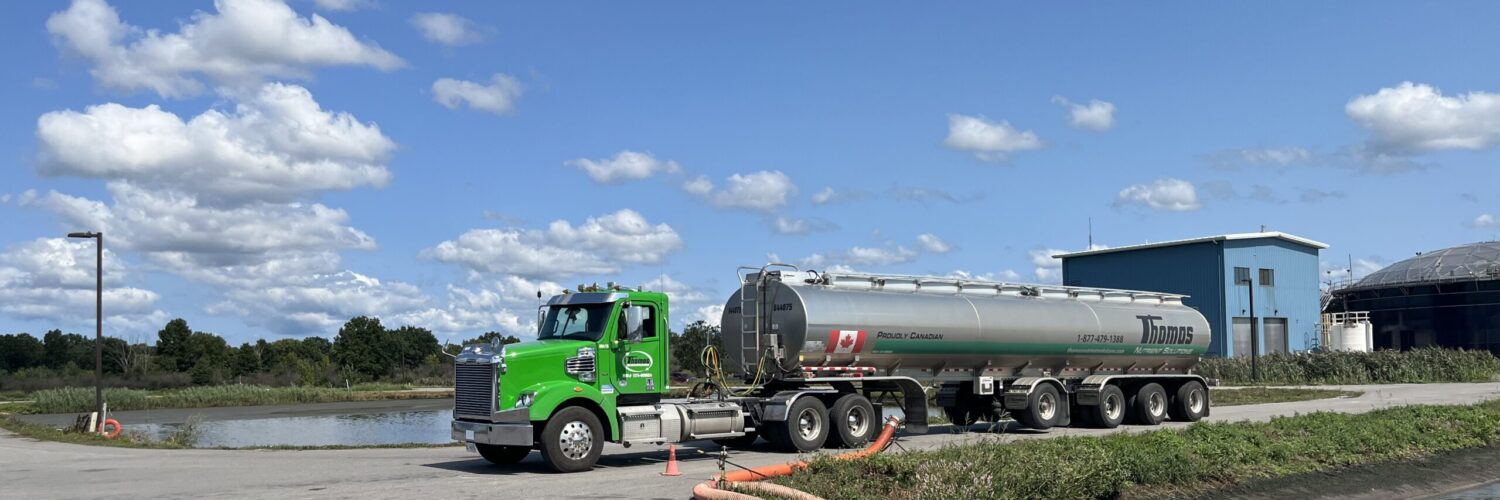There are several benefits of biogas that can help Canadians protect the environment and mitigate climate change. It is a critical resource with many uses, from generating renewable energy, reducing solid wastes, managing nutrients, reducing greenhouse gases (GHG) to mitigating pollution risks.
Greenhouse gases have always been a concern because of its contribution to climate change but benefits of biogas can include reducing GHGs while providing the energy needs of the community.
This can be achieved in two ways, the first is as an alternative source of renewable energy that can replace fossil fuels. The second is by reducing methane, a very potent greenhouse gas that would normally escape into the atmosphere. Biogas can potentially reduce GHG emissions by 37.5 Mt CO2e, or 10% of the national target.
There are two critically important greenhouse gases, namely carbon dioxide (CO2) and methane (CH4) that biogas can reduce. Carbon dioxide levels in the environment can dramatically decrease as biogas replaces fossil fuels like coal, diesel, or natural gas.
One of the benefits of Biogas is that it can be produced as part of the wastewater treatment process. Organic matter goes through aerobic digestion by microorganisms and this produces biogas. Harvesting biogas gives waste management systems an incentive not to send organic wastes to landfills. Biogas can produce heat and electricity that can power engines, microturbines, and fuel cells.
Biogas can also be converted into biomethane, also known as renewable natural gas or RNG. This can be injected into natural gas pipelines or utilized as fuel for cars.
Stored biogas reduces the level of methane released into the atmosphere. Organic wastes also emit huge amounts of methane as they decompose. Because methane is captured during the production of biogas in the wastewater treatment process, methane is prevented from reaching the environment. It is estimated that the drop in methane emissions derived by tapping all the potential biogas in the United States would be equivalent to the annual emissions of up to 11 million passenger vehicles.
Even in Denmark, the benefits of biogas has not been overlooked. The Danish Energy Agency through an Aarhus University report has determined that the climate effect of biogas in the agricultural sector is even greater than previously believed. The report explored the climatic and environmental effects of degassing using different biomass compositions.
It elaborated on several newly discovered results on the environmental and climate effects of biogas production and provided a detailed outcome of the energy production, greenhouse gas emissions, nitrogen leaching, ammonia evaporation, nutrient utilisation, and odour nuisance. The report examined five biomass compositions and noted its effects.
The report concluded that there is an overall environmental and climate benefit from degassing. The outcome still depends however, on the amount of metabolisable organic material available for biomass composition, according to the study.
Methane emissions from cow manure were also noticeably higher than previously calculated, according to the report, with emissions from pig manure being lower. The report states that there is a greater potential reduction in methane levels by letting cattle manure be degassed. This demonstrated that the climate effect of biogas in the agricultural sector is greater than previously thought.
Both Canada and Denmark have heavily invested in tapping the potential benefits of biogas as a sustainable energy source and as a way of reducing GHGs that can damage the environment.
If you are a municipality in Ontario and in need of a biosolids management solution, please feel free to contact us at 1 (877) 479-1388.
Sources:
https://www.bioenergy-news.com

